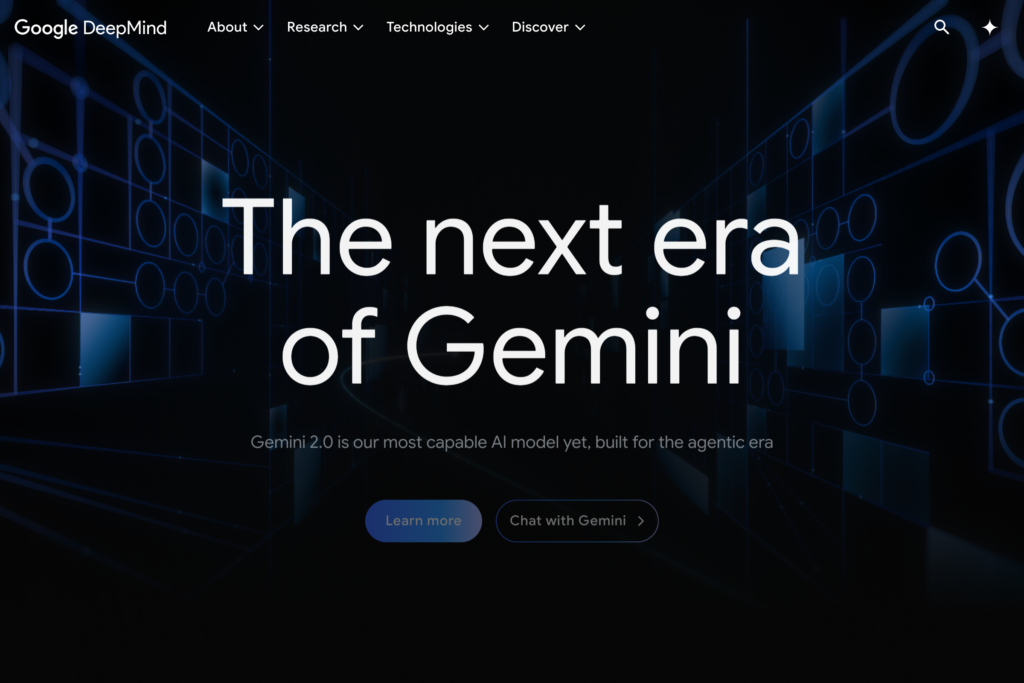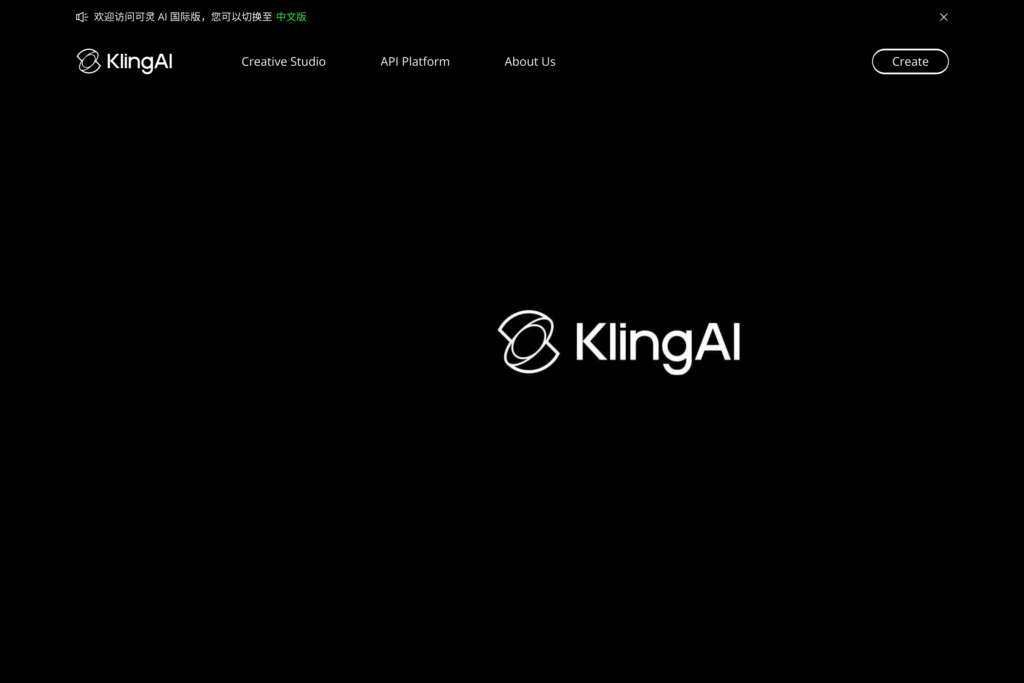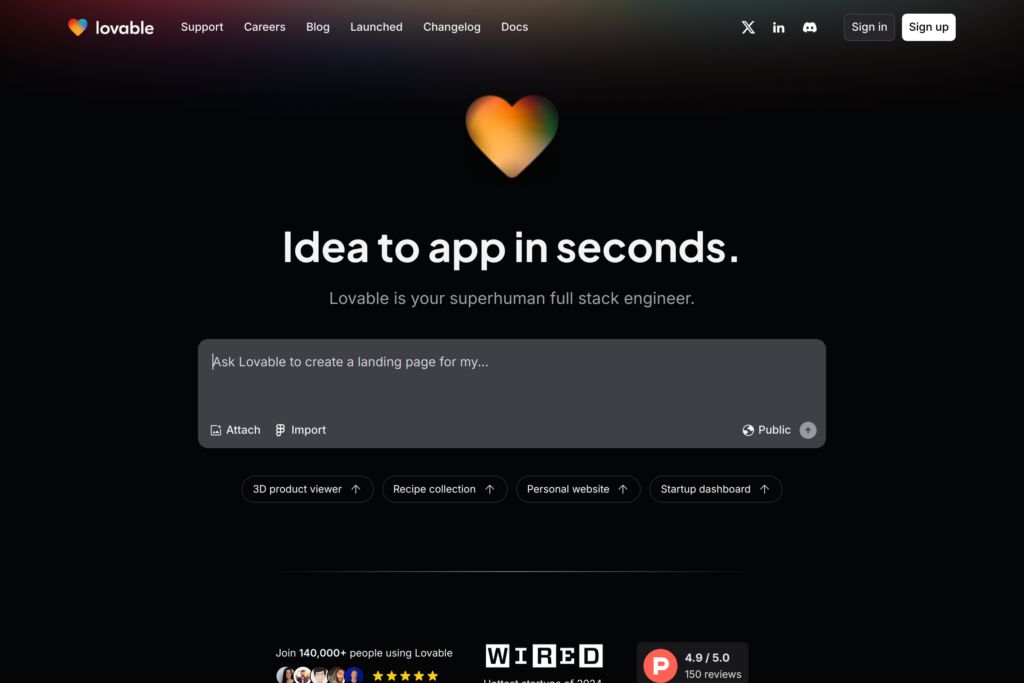DeepMind is a leading artificial intelligence research organization that develops advanced machine learning systems to solve complex problems. Their technologies span healthcare, scientific research, and industrial applications, with notable achievements in protein structure prediction through AlphaFold and breakthroughs in natural language processing with models like Gato and Sparrow.
For researchers, scientists, and organizations working on challenging computational problems, DeepMind’s tools and innovations offer practical solutions through Google’s ecosystem of products and services. Their work has directly improved medical diagnosis accuracy, enhanced materials science research, and created more efficient industrial processes.
While DeepMind doesn’t offer direct public access to most of their technologies, their innovations are integrated into many Google products and open-source projects. Organizations can benefit from these AI capabilities through partnerships, research collaborations, or by using Google’s AI-enhanced services that incorporate DeepMind’s breakthroughs.




